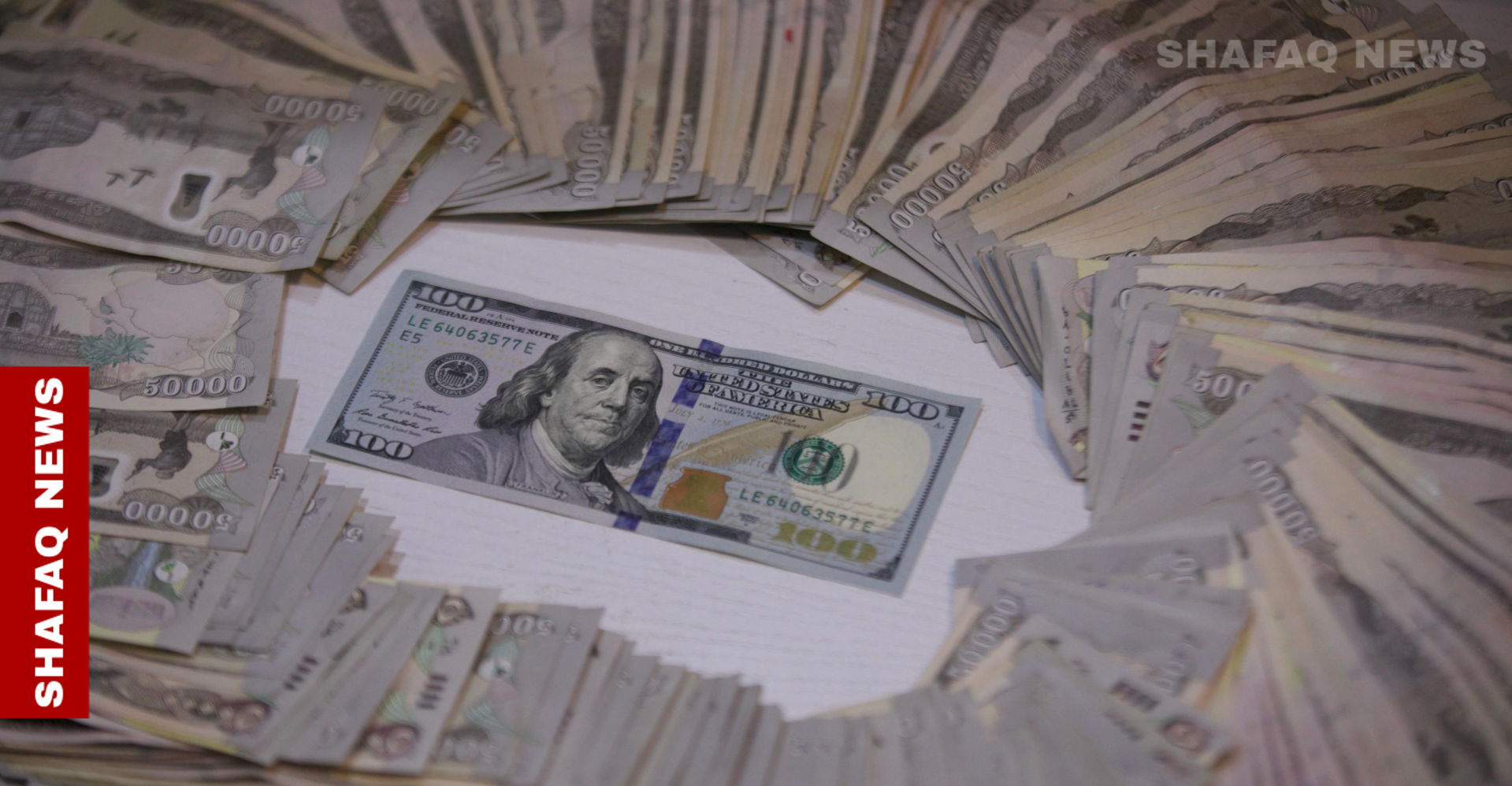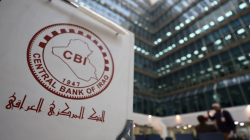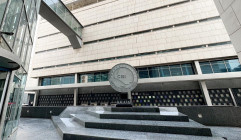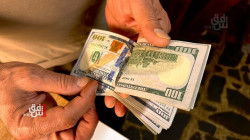Iraq's foreign currency sales drop sharply in June

Shafaq News – Baghdad
The Central Bank of Iraq (CBI) recorded a new drop in its foreign currency sales in June, continuing a downward trend for the third month in a row, according to economic analyst and head of the Iraq Future Foundation, Manar al-Obaidi.
In a statement, al-Obaidi revealed that foreign currency sales fell to $5.7 billion in June, marking a 15.5% decrease compared to $6.5 billion in May. Cumulatively, sales for the first half of 2025 amounted to $37.2 billion, down by 2.2% from the $38.1 billion recorded during the same period last year.
The decline was particularly stark in cash-based currency sales, which dropped to just $99 million in June—the lowest monthly figure since the introduction of the cash sale mechanism. Total cash sales over the past six months reached $1.4 billion, representing a 21% decline compared to $1.76 billion during the first half of 2024.
In contrast, foreign currency sales through the account reinforcement mechanism (used mainly for import financing) rose sharply. June saw $5.6 billion in such transactions, up 35% from the same month last year. For the first six months of 2025, sales through this channel totaled $35.8 billion, reflecting a 37% year-on-year increase.
Al-Obaidi noted that the Central Bank has entirely suspended its international settlement and transfer mechanisms, limiting dollar sales to the account reinforcement method and direct cash sales to travelers. Despite the decline in total currency sales and the halt in international transfer channels, the parallel market exchange rate of the US dollar has remained stable.
The Central Bank is expected to sell around $70 billion in foreign currency by the end of 2025, down from over $80 billion last year.
According to al-Obaidi, the consistent drop in foreign currency sales—particularly in cash—alongside stable exchange rates and declining inflation levels, warrants closer examination. He suggested that the trend may indicate a shift of traders toward the official currency platform, reducing reliance on the parallel market, or possibly reflect weakening consumer demand, hinting at an economic slowdown in Iraq’s domestic market.





